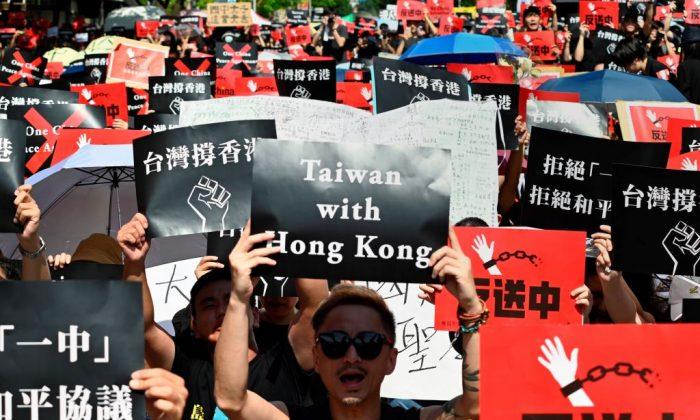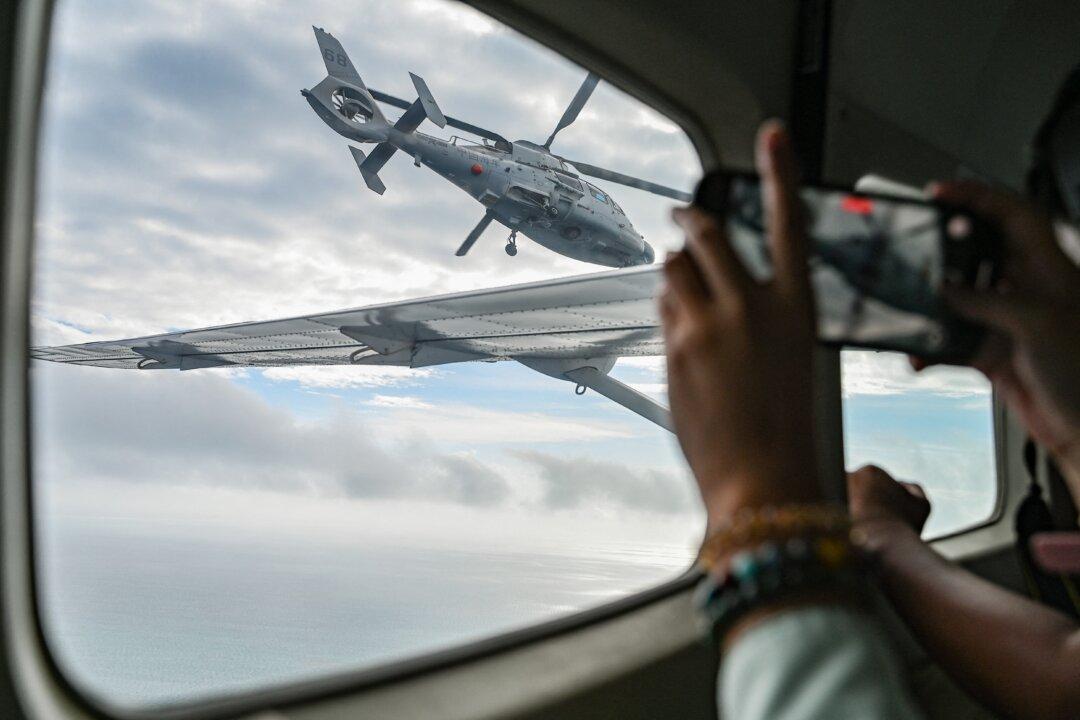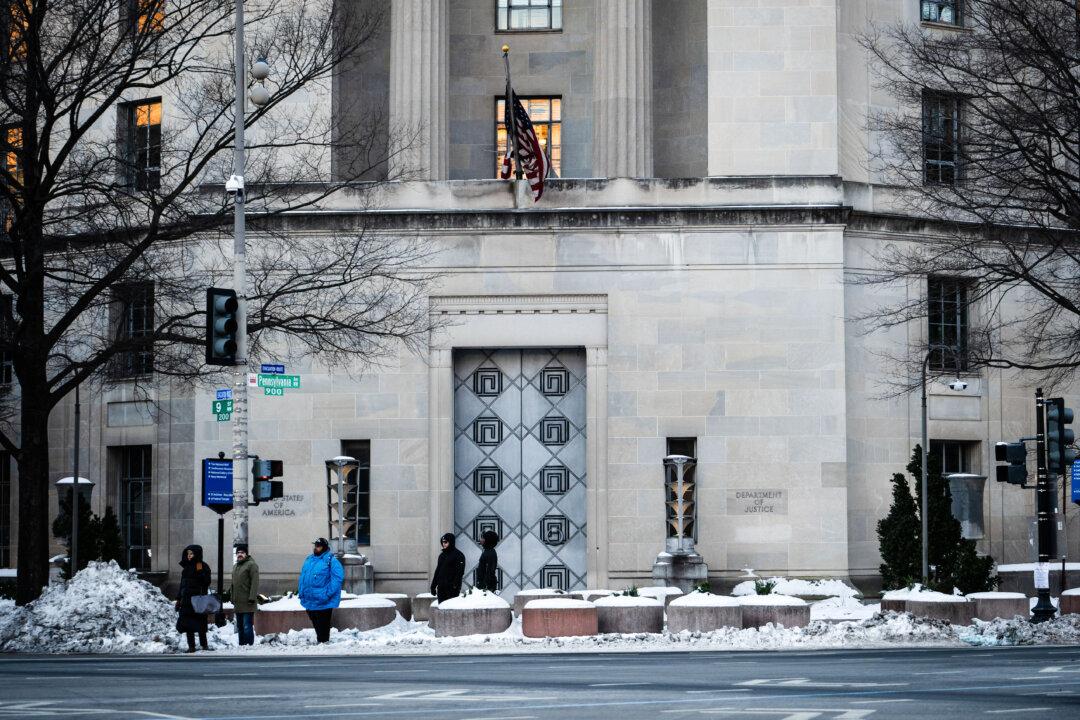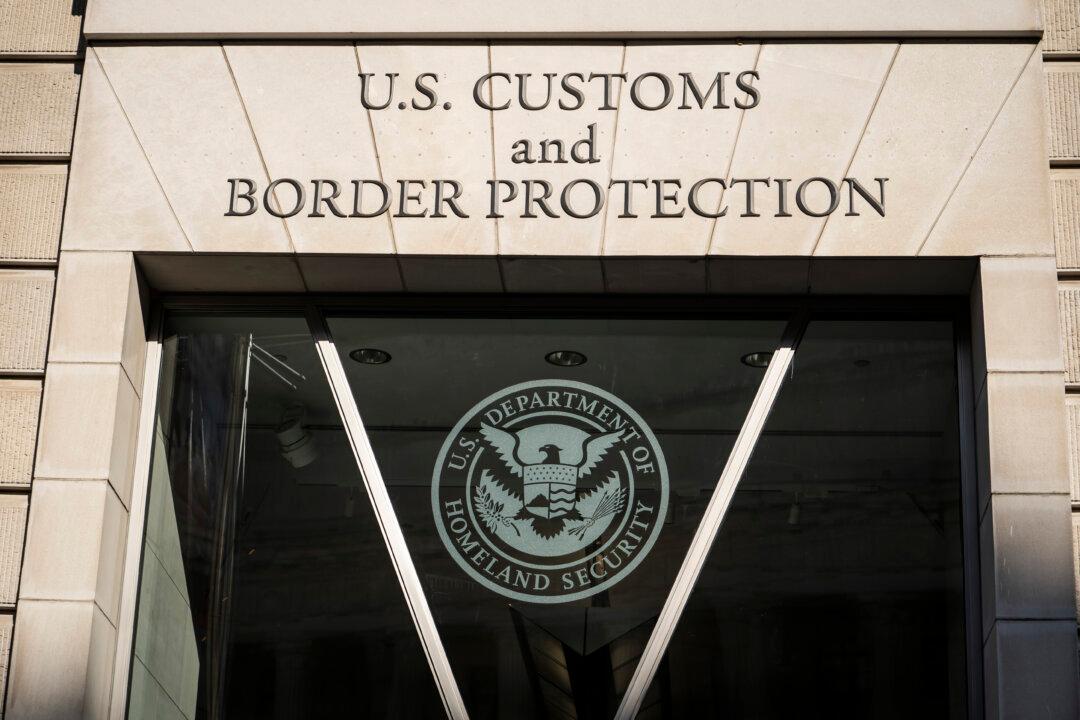Since the start of mass protests in Hong Kong against a controversial extradition bill, many Taiwanese have expressed support for the protesters challenging the Chinese regime’s encroaching influence over the city.
Hong Kong Protests
Protests in Hong Kong are now in their fourth month after millions took to the streets in June against an extradition bill that they fear would erode the city’s autonomy that was guaranteed under the city’s “one country, two systems” model after it reverted from British to Chinese rule in 1997.The bill would have allowed the Chinese regime to transfer individuals to be trialed in courts controlled by the Chinese Communist Party—notorious for lacking rule of law.
Effect on Taiwan
In the self-ruled island of Taiwan, there is widespread opposition to Beijing’s proposal that it could be united with mainland China under the same “one country, two systems” model—an idea suggested by Chinese leader Xi Jinping in January. The Chinese regime considers the island its own territory despite it being a de-facto independent country with its own democratically-elected government, currency, and military.Currently, Hong Kong’s chief executive, the position now held by Lam, is voted in by an electoral committee comprised mostly of pro-Beijing elites.
The protests are also having a political after-effect on Taiwan’s upcoming presidential and legislative elections in January 2020, said Bonnie S. Glaser, director of the China Power Project at the U.S.-based think tank Center for Strategic and International Studies.
“If the protests continue, anxiety in Taiwan will persist, and that could play to the advantage of [Taiwan President] Tsai Ing-wen and the DPP,” Glaser said.
Tsai is running for her second term in office representing the Democratic Progressive Party (DPP), which traditionally advocates for the island to formally declare independence from the mainland, in contrast to its main opposition, the Kuomintang (KMT), which leans pro-Beijing.
Glaser added that Beijing’s response to the Hong Kong protests would also have a great impact on the political scene in Taiwan. “In the event that Beijing decides it must send in paramilitary forces or even worse—the People’s Liberation Army [official name of China’s military]—to suppress the protests in [Hong Kong], the impact on Taiwan’s politics would likely be deep and enduring, including the adoption of a more cautious posture toward China by the KMT.”
Lin explained that the United States must respond to both Hong Kong and Taiwan, the former whose autonomy is “being dilated every day,” and the latter’s democracy is being “undermined” by Chinese election meddling efforts. She urged the United States to closely monitor the situation in both regions.
Glaser urged the Trump administration to bolster U.S. economic ties with Taiwan since the latter’s economic prosperity is an “inextricable component of its national security.” She suggested that the United States could sign a free trade agreement with Taiwan, as well as encourage U.S. allies to negotiate economic agreements with the island.





